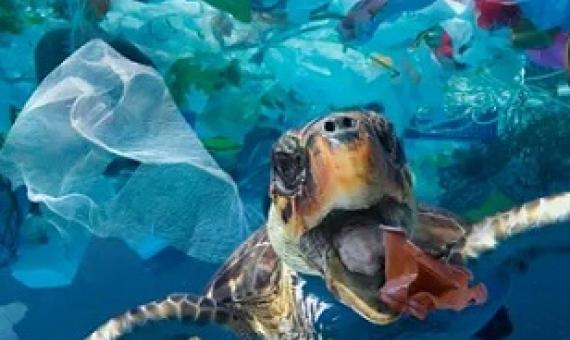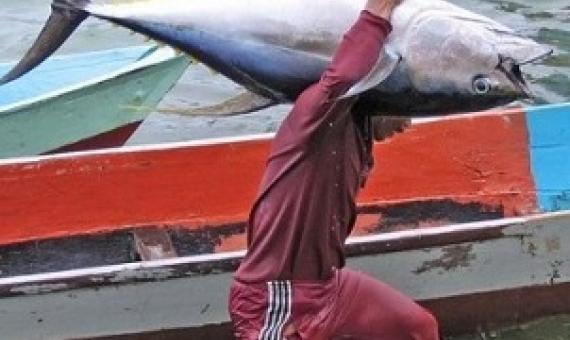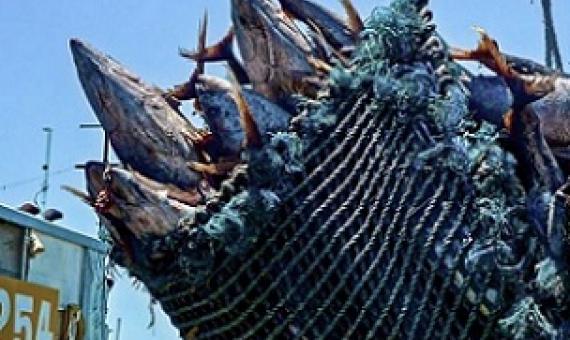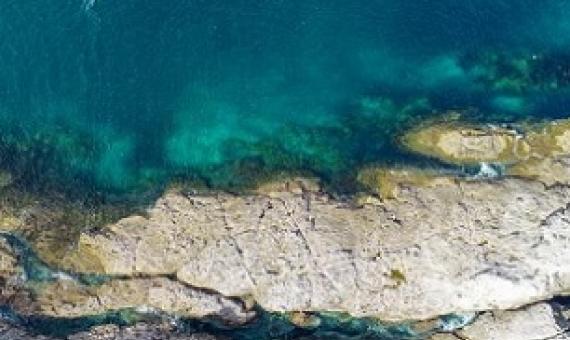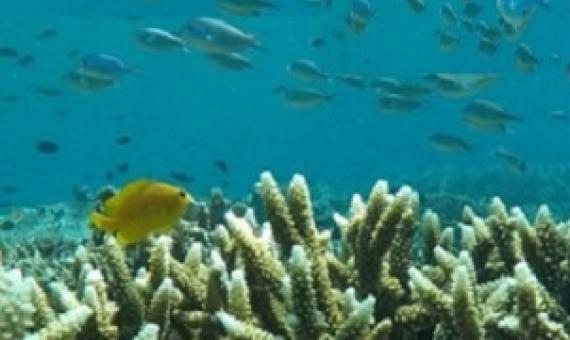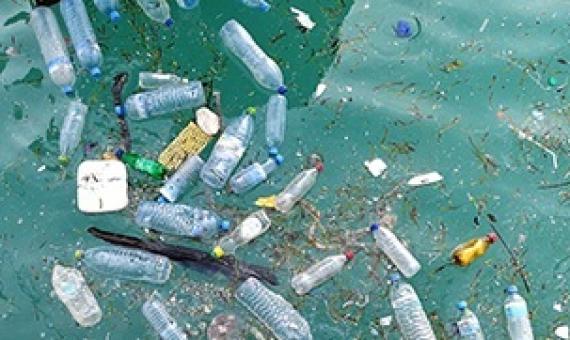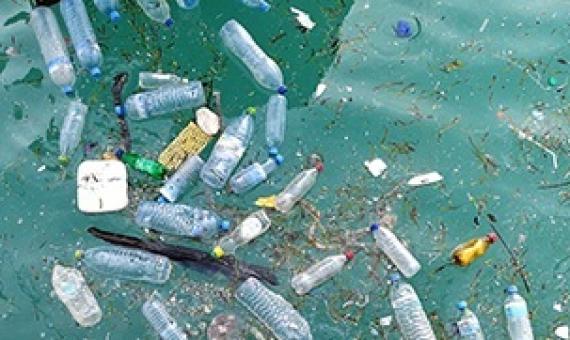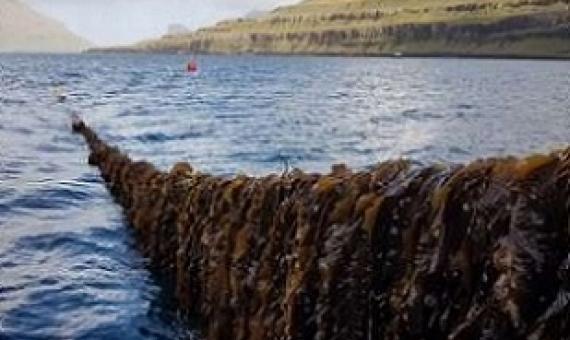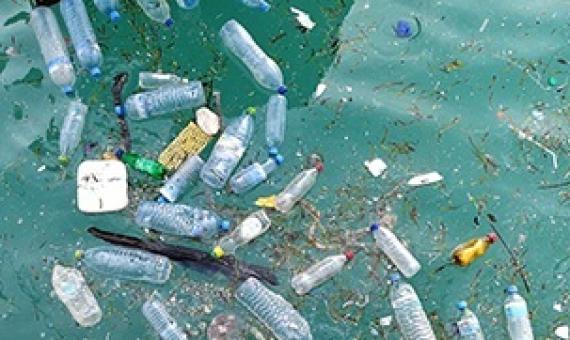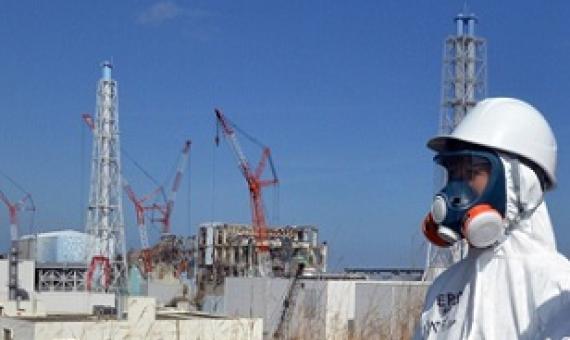Plastic items from takeaway food and drink dominate the litter in the world’s oceans, according to the most comprehensive study to date.
Oceans cover 70 per cent of the Earth’s surface.
The Fishing Industry Association of Papua New Guinea (FIAPNG) has implemented a responsible sourcing policy (RSP) to meet the requirements of its Marine Stewardship Council (MSC) certification and to position itself as a world leader...The policy is intended to reinforce FIAPNG’s efforts to
The dire state of the marine environment off Coromandel Peninsula will be the focus of a hui in Whitianga this afternoon. Conservationists, iwi leaders and fishers are meeting to discuss issues such as fishing, pollution and climate change, which are putting heavy pressure on marine ec
Local management of coral reefs to ease environmental stressors, such as overfishing or pollution, could increase reefs' chances of recovery after devastating coral bleaching events caused by climate change, a new study finds.
The problem with plastic waste just got more complicated—and so did the effort to stanch its flow into the world’s oceans. Rivers are the primary conduits for plastic waste to the seas.
In an effort to fight the millions of tons of marine litter floating in the ocean, Florida State University researchers have developed a new virtual tool to track this debris.
It's easy to think that more nutrients—the stuff life needs to grow and thrive—would foster more vibrant ecosystems. Yet nutrient pollution has in fact wrought havoc on marine systems, contributing to harmful algae blooms, worse water quality and oxygen-poor dead zones.
Four countries are upping their engagement in the fight against marine litter and plastic pollution by teaming with the United Nations Environment Program (UNEP) to organize a ministerial conference on preserving the oceans through the sustainable production and consumption of plastics.
Japan will release more than one million tonnes of radioactive water from the destroyed Fukushima nuclear plant into the Pacific Ocean.

